Inflation is one of those words that gets thrown around a lot, but what does it mean? In this article, we’ll break down what inflation is and how it affects our economies.
What is Inflation?
Inflation is defined as a sustained increase in the price level of goods and services in an economy. In other words, it is when the purchasing power of a unit of currency (such as the dollar) decreases over time. The main cause of inflation is too much money chasing too few goods. When the money supply grows faster than the economy’s output of goods and services, prices rise.

There are two types of inflation: demand-pull and cost-push. Demand-pull inflation occurs when there is too much money chasing too few goods, as mentioned above. This type of inflation is often caused by an increase in government spending or consumer spending.
Cost-push inflation, on the other hand, occurs when costs of production increase, leading to higher prices for goods and services. This type of inflation can be caused by an increase in the price of raw materials or wages. What can be done about inflation?

The most obvious solution is to decrease the money supply, but this can lead to a decrease in economic activity and higher unemployment. Another solution is to increase taxes, which will reduce demand and help to control inflation. Finally, businesses can be encouraged to produce more goods and services, which will help to meet the increased
Causes of Inflation
Inflation is often caused by an increase in the money supply. When there is more money available, people can bid up prices for goods and services. This increase in prices is inflation. Other causes of inflation include: -Cost-push inflation: This occurs when costs of production rise, leading to higher prices.
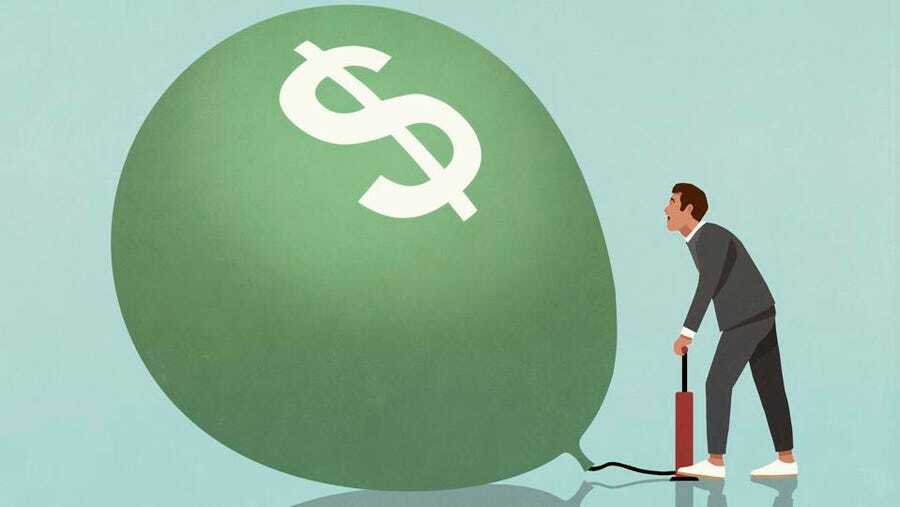
For example, if the price of oil rises, this will lead to higher transportation costs, which can lead to higher prices for finished goods. -Demand-pull inflation: This occurs when demand for goods and services exceeds the available supply.
This can lead to businesses bidding up prices for inputs, which can lead to higher prices for finished goods. -Structural unemployment: This occurs when there are not enough jobs available for the number of people looking for work. This can lead to wage inflation as workers are willing to accept lower wages in order to get a job. All of these factors can lead to higher prices and inflation.
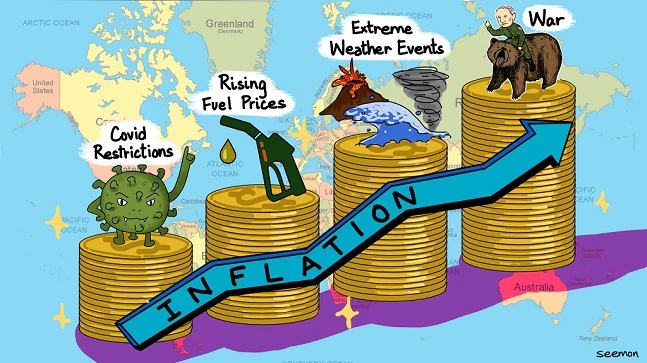
Inflation and Purchasing Power
When it comes to inflation, one of the key things to understand is how it can impact your purchasing power. Inflation is essentially a measure of how much prices have increased over time, and this can have a direct impact on your ability to buy things.
For example, if the cost of living goes up by 3% and your salary only goes up by 2%, then you effectively have less money to spend. There are a few different ways to measure inflation, but the most common is the Consumer Price Index (CPI). This measures the prices of a basket of goods and services that are typically purchased by consumers.
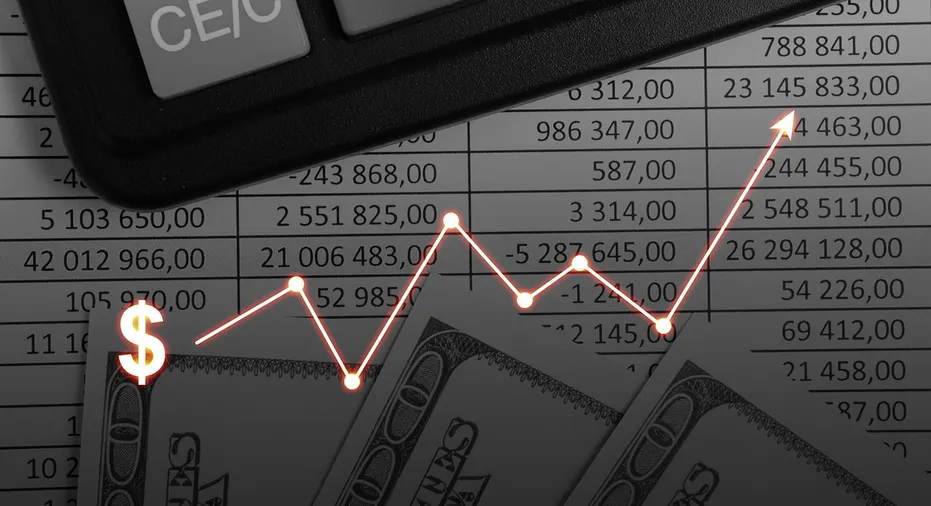
The CPI is then used to calculate the rate of inflation. There are a number of different factors that can cause inflation, but one of the most common is simply an increase in demand. When there is more demand for goods and services than there is supply, prices will typically go up. Other factors that can contribute to inflation include things like supply shocks (e.g. an increase in the price of oil) and increases in government spending. Inflation can have both positive and negative impacts on an economy. On the one hand, it can be good for businesses as it can lead to increased profits
Higher Taxes, Lower Income, and More Unemployment
Inflation has been on the rise in recent years, and it’s starting to take a toll on American workers. Higher taxes and lower incomes are making it difficult to make ends meet, and more people are losing their jobs as a result.
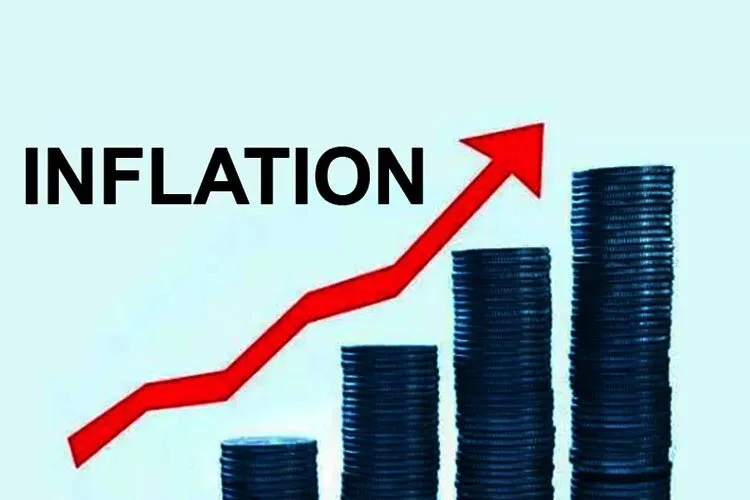
There are a few things that can be done to help ease the burden of inflation, but it’s going to take a concerted effort from both the government and the private sector. In the short term, the government can provide financial assistance to those who are struggling to make ends meet. In the long term, however, we need to find ways to increase incomes and create more jobs.
The best way to fight inflation is to ensure that our economy is healthy and growing. That means investing in education and training so our workforce is prepared for the future, investing in infrastructure so our businesses can thrive, and creating an environment that encourages innovation and entrepreneurship. It’s not going to be easy, but if we work together, we can overcome inflation and build a better future for all Americans.
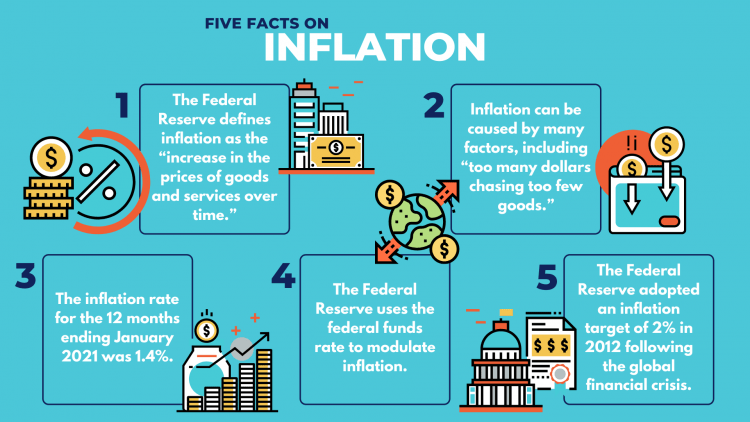
Strategies for Reducing Inflation
Inflation can be a major problem for any economy, but there are a variety of ways to fight it. Reducing inflation requires careful economic planning and a coordinated effort by the government, businesses, and consumers. One way to reduce inflation is by increasing interest rates.
This makes borrowing more expensive and encourages people to save money instead of spending it. Higher interest rates also make it more difficult for businesses to expand, which can help keep inflation in check. The government can also help fight inflation by reducing the money supply. This can be done through taxation or by selling bonds. When the money supply is reduced, there is less money available to be spent, which can help keep prices down.
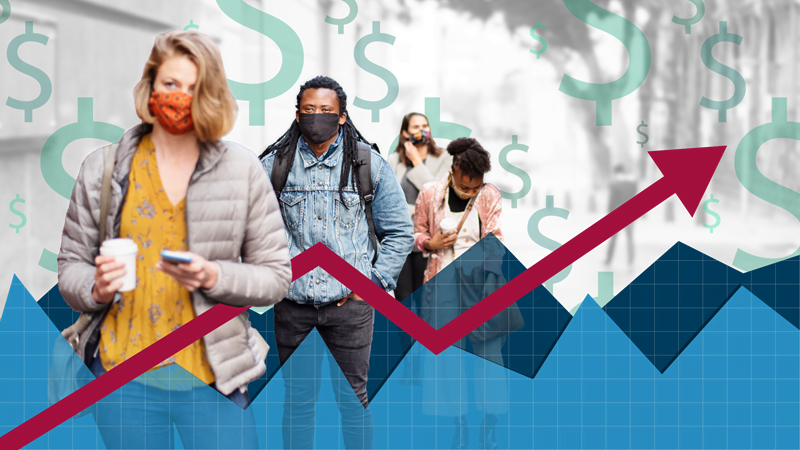
Businesses can also do their part to reduce inflation by keeping their prices down. When businesses increase prices, it generally leads to inflationary pressures in the economy. By keeping prices stable or even lowering them, businesses can help keep inflation under control. Finally, consumers can help fight inflation by spending wisely and saving money when possible. When people spend less money, businesses have less revenue and are less likely to raise prices. By being mindful of their spending, consumers can help keep inflation in check.
Conclusion
Inflation is a complicated topic, but it’s important to understand what it is and how it can be controlled. By taking steps to control inflation, countries can help ensure economic stability and avoid economic downturns.

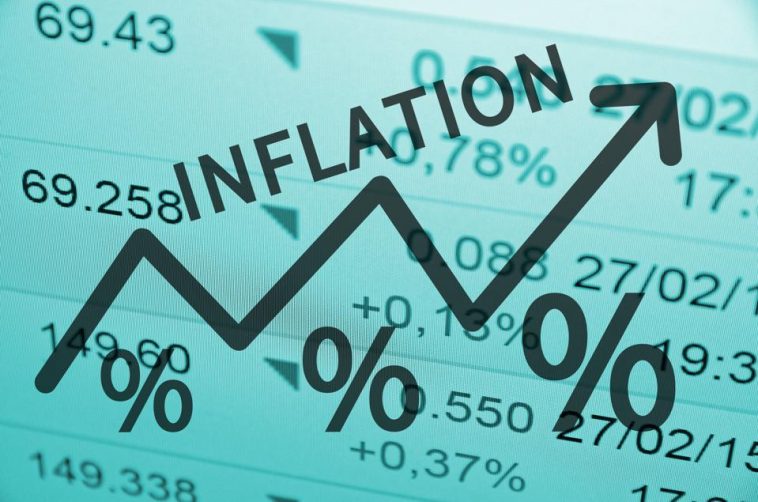


GIPHY App Key not set. Please check settings